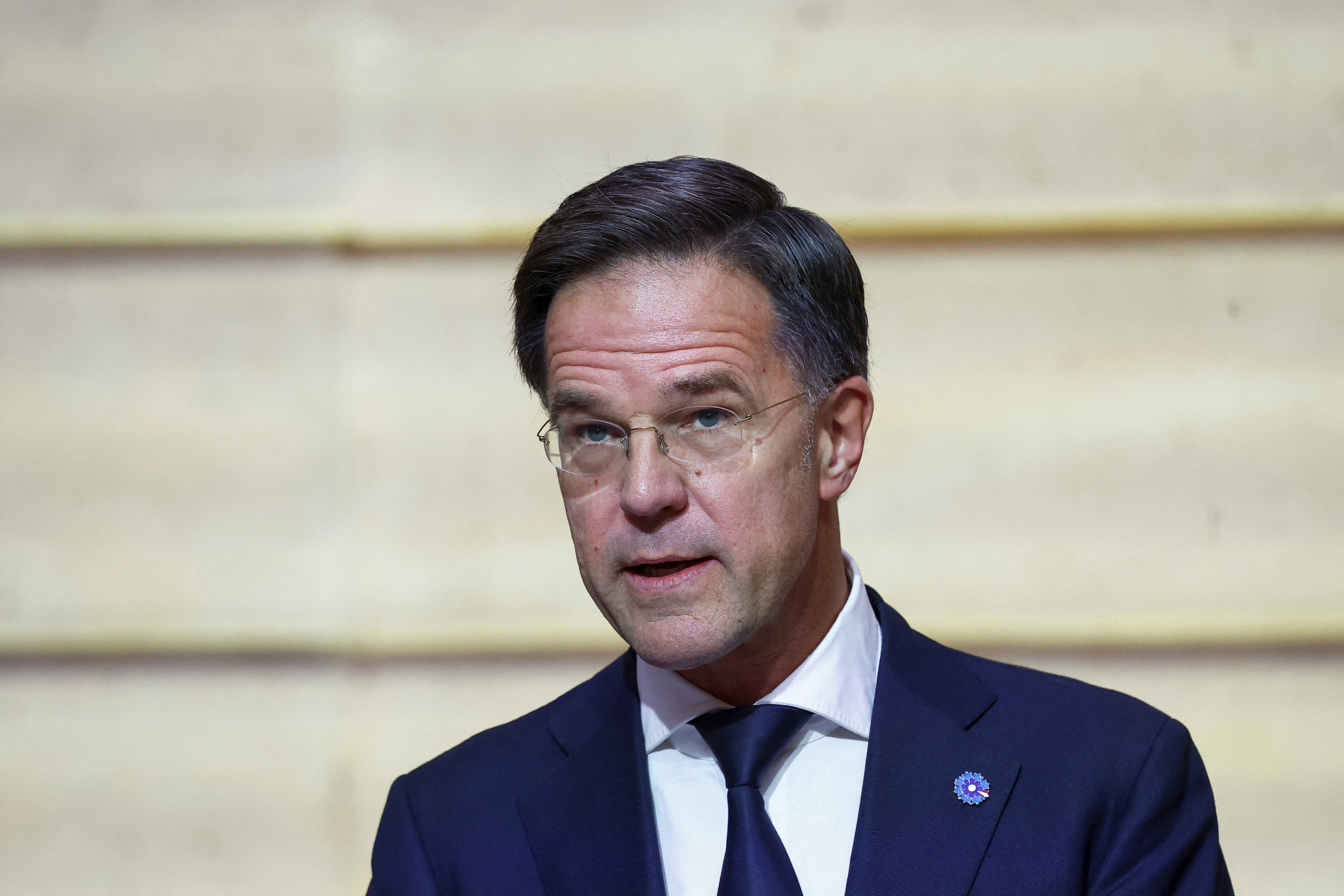The NATO summit, starting next Tuesday in The Hague, marks a turning point. At least that's how the U.S. and NATO Secretary General, Mark Rutte, see it, along with other partners convinced that allies must spend more on defense in the face of threats from countries like Russia. Spain opposes this approach and refuses to spend 5% of GDP as urged by the Alliance. Pedro Sánchez decided on Thursday to directly confront this opposition. Despite the tension generated, as this newspaper has learned, a last-minute negotiation has been initiated between the Government and the Alliance to try to reach an agreement to salvage the meeting.
Diplomatic sources familiar with the negotiations suggest that in the discussions, expected to continue until the summit itself, the possibility of extending the deadline from 2032 to 2035 to reach 5% of GDP has been addressed. Consequently, there have also been talks about relaxing the annual increments that must be made to reach that point. Additionally, discussions have focused on how the spending is distributed to reach those five points. Rutte will propose a 3.5+1.5 formula, where the first part corresponds to classic military spending, and the second part to what has been termed as security-related investments.
This is where aspects related to cybersecurity or critical infrastructure can be included, and it is one of the areas where NATO has always been more inclined to be flexible. In other words, countries less inclined to increase spending can introduce investments not directly related to defense here, thereby increasing their total military expenditure.
This is precisely what Spain fought for initially when it tried to broaden the definition of Defense. It was assumed that it could include many or at least some investments already made that would automatically push up its total military spending figure. However, the Spanish position has hardened so much in recent weeks that not even that was acceptable. This point was discussed again yesterday, although there is still far from an agreement.
What NATO emphasizes is that the 5% is not up for debate. That will remain. The current aim is to bring Spain closer to a position where, according to diplomatic sources, it is completely isolated. Until today, it was suggested that Sánchez's stance could lead other countries, such as Belgium, to follow. But after yesterday's discussions, it is indicated that no one is supporting the Spanish position. "They are completely isolated," they summarize.
Since Rutte set the 5% threshold, the Government has made efforts to express its dissatisfaction and rejection. "We have tried to negotiate this timeframe, but Rutte has not been willing," they complain in the Executive, where they see the NATO Secretary General as too aligned with Trump. They knew that Sánchez's move opened up several scenarios, not all good, and having negotiations "is the best possible outcome." In addition to Rutte, on Thursday at 3:00 p.m., they informed the rest of the allies of their decision and stance.
Spain maintains that its intention is not to block, but they will "maintain a firm position" because they believe that a more flexible formula should be agreed upon to allow each country to set its own pace and spending needs. Sánchez even proposed a clause for Spain that would exempt the country from reaching a new threshold.
In La Moncloa, they insist that their starting point and spending figure is 2% of GDP for Defense. "Spending more goes against our principles. An expenditure of 80 billion would mean debt, cuts, and tax increases. We do not want to make social cuts, and taxes are good for social justice, not for buying tanks," reflects a member of the Executive.
The Government still believes that if there is no agreement and the summit ends in a clash, more countries may join their position.
